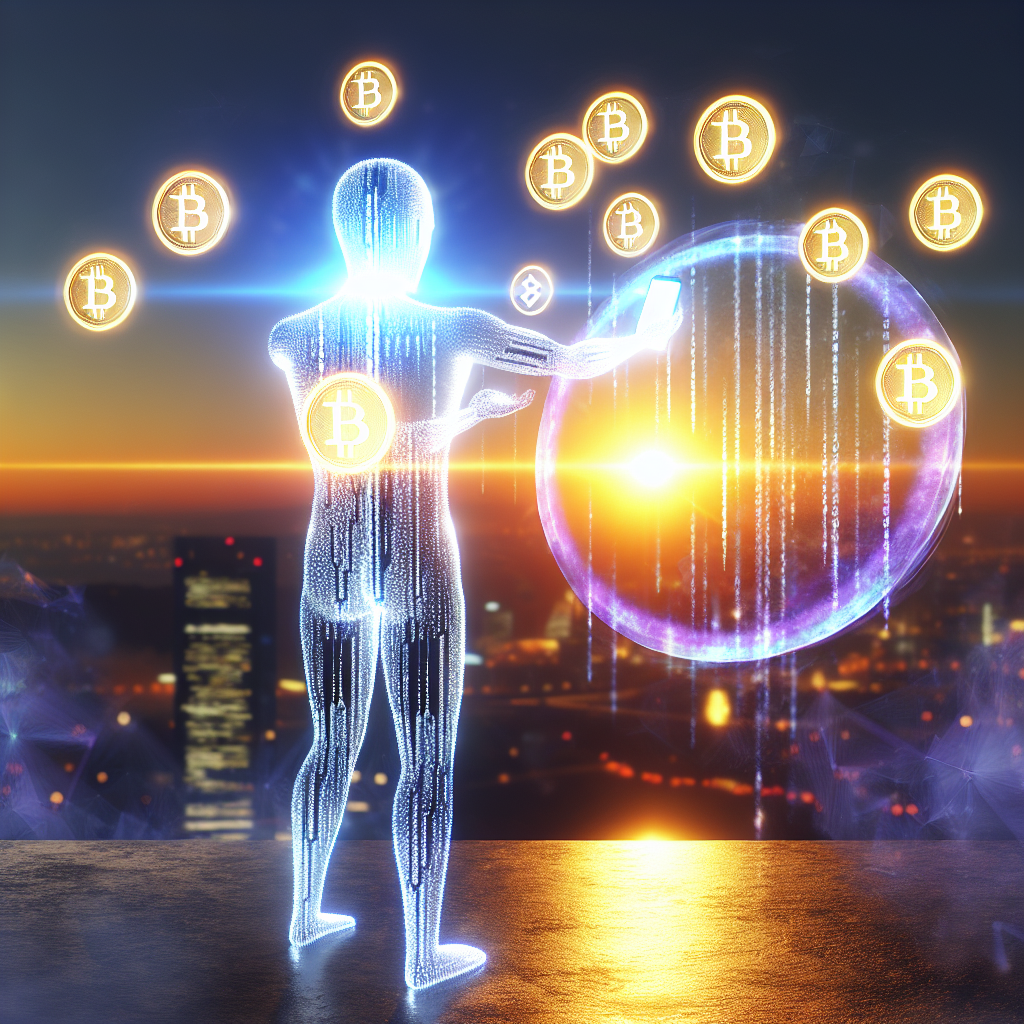According to John D’Agostino, head of institutional strategy at Coinbase, cryptocurrencies are essential for artificial intelligence-powered agents to function effectively in the financial market, as the current traditional finance system is outdated.
D’Agostino stated to CNBC’s Squawk Box that if AI agents are acting on behalf of individuals, they must rely on “true sources of information,” as failing to do so could be “disastrous.” He mentioned this on Tuesday.
“Artificial intelligence represents endlessly scalable intelligence. If we regard blockchain, the foundation of crypto, as an infinitely scalable source of truth, then these two elements align very well,” he explained.
AI agents are already prevalent in crypto, facilitating the creation of Web3 applications, launching tokens, and autonomously interacting with services and protocols, with some platforms looking into using AI agents for trading.
AI agents require rapid transaction methods
D’Agostino highlighted to CNBC that traditional financial systems were not built for real-time, machine-to-machine transactions at scale, and that scaling AI agents to operate on “100-year-old financial rails” is impractical.
“To transition into a world where these agents act at lightning-fast speeds, we need equally fast and scalable monetary systems. That’s what blockchain and crypto provide,” he remarked.
“You wouldn’t attempt to stream a movie with a dial-up modem. Similarly, it’s impractical to have AI agents transact within a financial system that predates those modems.”
The Bitcoin versus gold discussion is futile
D’Agostino also mentioned that the comparison of Bitcoin’s (BTC) performance versus gold has emerged as a hot topic, but he believes that such comparisons are misguided due to Bitcoin’s unique attributes.
Bitcoin is “programmable, digital, and infinitely scalable in movement. It’s easy to transfer across borders and it yields returns,” he said.
“For those concerned about a global money supply increase of 7% to 8% annually, which many view as excessive, assets that can outperform this inflation are essential.”
D’Agostino expressed optimism about Bitcoin because of the trillions in money markets that were stagnant when U.S. interest rates stood at 5%, an attempt to outpace inflation.
“As rates decrease, those assets will be released. Not all will flow into Bitcoin, but a portion will,” he remarked.
Related: Survey reveals crypto users are acceptive of AI involvement in their portfolios
The Federal Reserve reduced rates for the first time this year on September 17, with potential further cuts anticipated; however, JPMorgan CEO Jamie Dimon expressed skepticism about additional cuts unless inflation declines.
Institutions won’t rush into crypto
D’Agostino conveyed skepticism regarding the anticipated influx of institutional crypto adoption, often seen as a significant market driver.
While institutions are engaged in the space and more are expected, D’Agostino believes it won’t come as a sudden change.
“There’s a lot of chatter about this institutional wave, yet based on my interactions with pensions, endowments, and sovereign wealth funds, their investment approach is not driven by trends,” he remarked.
“They aren’t lemmings heading over a cliff in a mass wave. They operate with caution and consideration.”
Magazine: Different religious perspectives on Bitcoin and cryptocurrency

